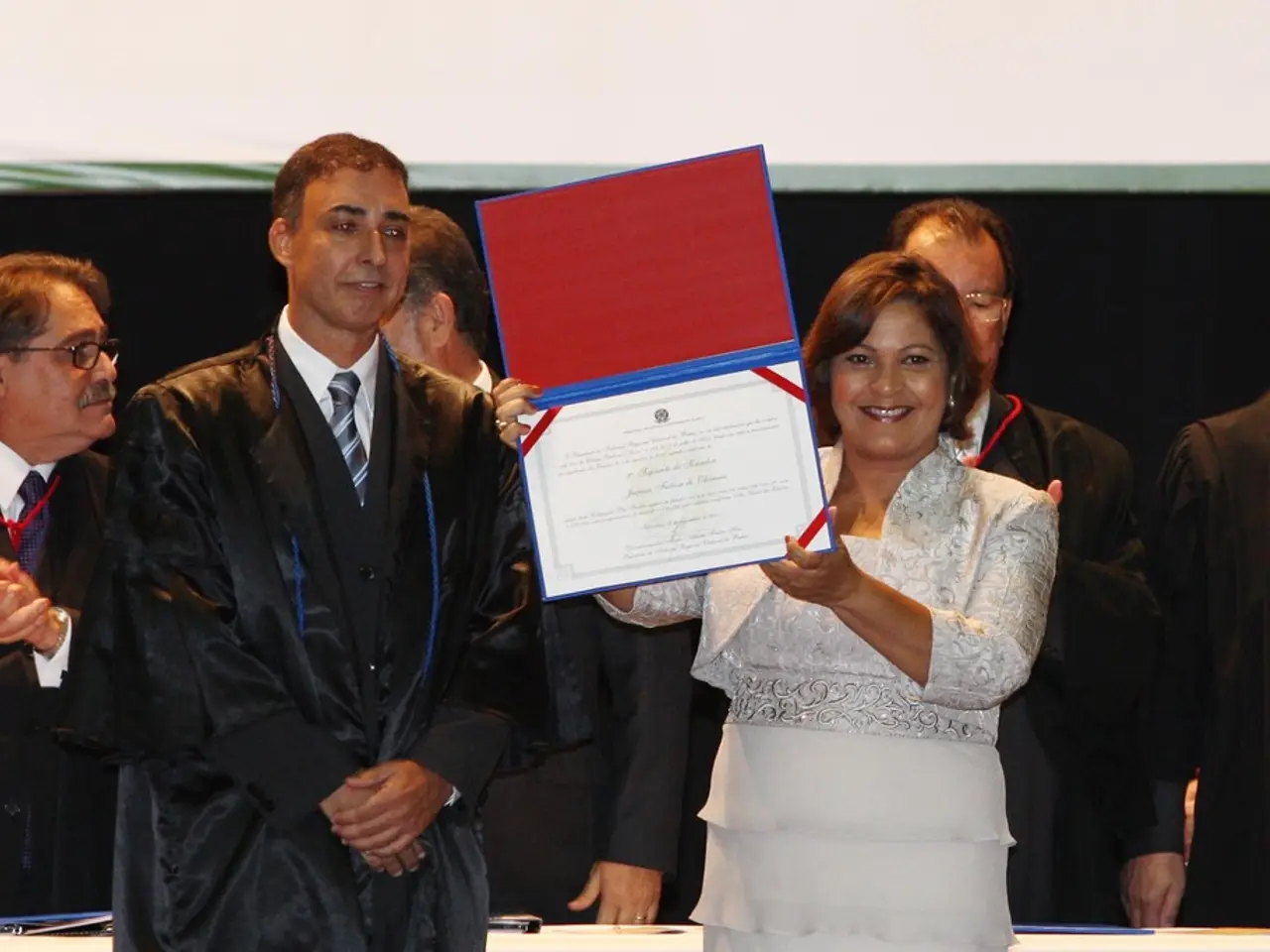Appointment of Influential Attorneys as Counsel for State Corporations; First-Generation Lawyers Sidelined in Allahabad High Court
The Allahabad High Court has taken a firm stand against systemic issues in the appointment of first-generation lawyers in State corporations, particularly the Uttar Pradesh State Road Transport Corporation (UPSRTC). The Court has highlighted an "entitlement culture" that favors lawyers from influential, well-connected families over competent, meritorious first-generation advocates, leading to nepotism and disregard for merit.
This culture has resulted in the exclusion of diligent and capable young lawyers without political or familial influence from representing State corporations. Key issues raised by the Court include the preference for lawyers from influential families, the neglect of first-generation lawyers, and the degradation of the quality of legal representation for State corporations.
In response, the Court has urged the concerned State corporations to develop a structured, open selection mechanism that encourages merit and provides fair consideration to young, first-generation lawyers. The Court has also urged them to review and finalize an action plan to counteract nepotism and favoritism in counsel appointments.
In the specific case of UPSRTC, the Managing Director has committed to addressing these concerns, and the Court has set a follow-up date for reviewing improvements in the appointment process.
The main proposed solutions emphasize institutional reforms fostering transparency, meritocracy, and inclusiveness. These reforms aim to enable capable first-generation lawyers to represent State corporations effectively and ensure the professionalism of legal services in government bodies.
The Court has emphasized that the appointment of meritorious counsel by a fair and transparent procedure is central to good governance of a government corporation. The High Court's order was read in a case filed by the family of a former driver of UPSRTC.
Advocate Yogesh Kumar Vaish represented the petitioners in the case, while Advocates Sheo Ram Singh and Sunil Kumar Misra represented the respondents. The Court took a serious view of the matter, noting that the entire episode was a result of the professional negligence of counsel at the labor court.
The Court stressed that the responsibility of all State authorities is to uphold the rule of law and fairness, and selection of counsel can only be done by "independent and dispassionate observance of court proceedings" by officials of the Corporation who are regularly "present incognito" in court.
The Court criticized the practice of appointing influential counsel on the panel of corporations, stating that it has led to a decay in the system and degraded the professional representation of the corporations. The Court expressed concern that this practice discourages young lawyers who are neither politically connected nor from influential families.
Justice Ajay Bhanot observed that first-generation lawyers often do not get opportunities to represent State corporations despite their competence and industriousness. The Court directed that a meeting of the Board of UPSRTC be held and a scheme to tackle the issues raised be finalized to be presented before the Court on the next date of hearing on September 22.
The Allahabad High Court recently observed that an "entitlement culture" exists in the appointment of lawyers in State corporations, favoring "scions of influential families." The Court stressed that a system which adopts transparent procedures, promotes merit, and gives a fair look-in to young first-generation lawyers while appointing counsels to represent UPSRTC in Courts has to be devised by the Corporation.
- The Allahabad High Court has called for education and self-development for young, first-generation lawyers to ensure their competence in career development, as they face exclusion due to an entitlement culture in the appointment process of State corporations.
- Personal growth and skills training are crucial for first-generation lawyers seeking to challenge the 'nepotism and favoritism' in the appointment process, as encouraged by the High Court's policy and legislation aims.
- General news regarding the political landscape may impact job-search prospects for first-generation lawyers, as the High Court's decisions on the transparency and meritocracy of appointing counsels in State corporations may open new opportunities in their career development.
- In the long run, institutional reforms fostering transparency, meritocracy, and inclusiveness in the appointment process of State corporations can contribute to positive personal growth and career development for first-generation lawyers, positively affecting the overall quality of legal representation in policy and legislation.







